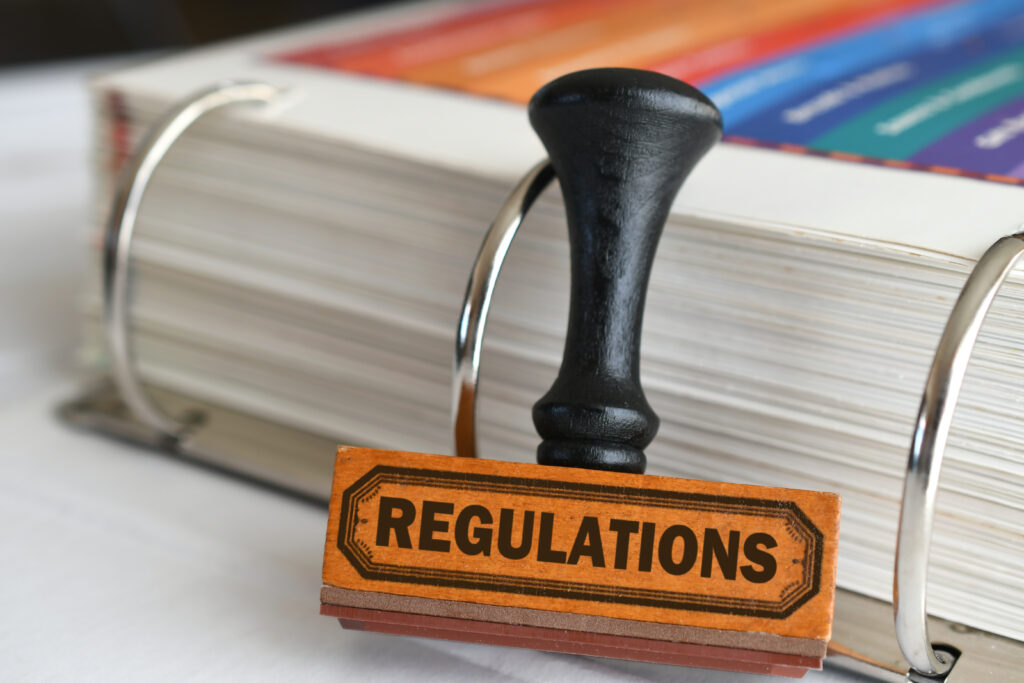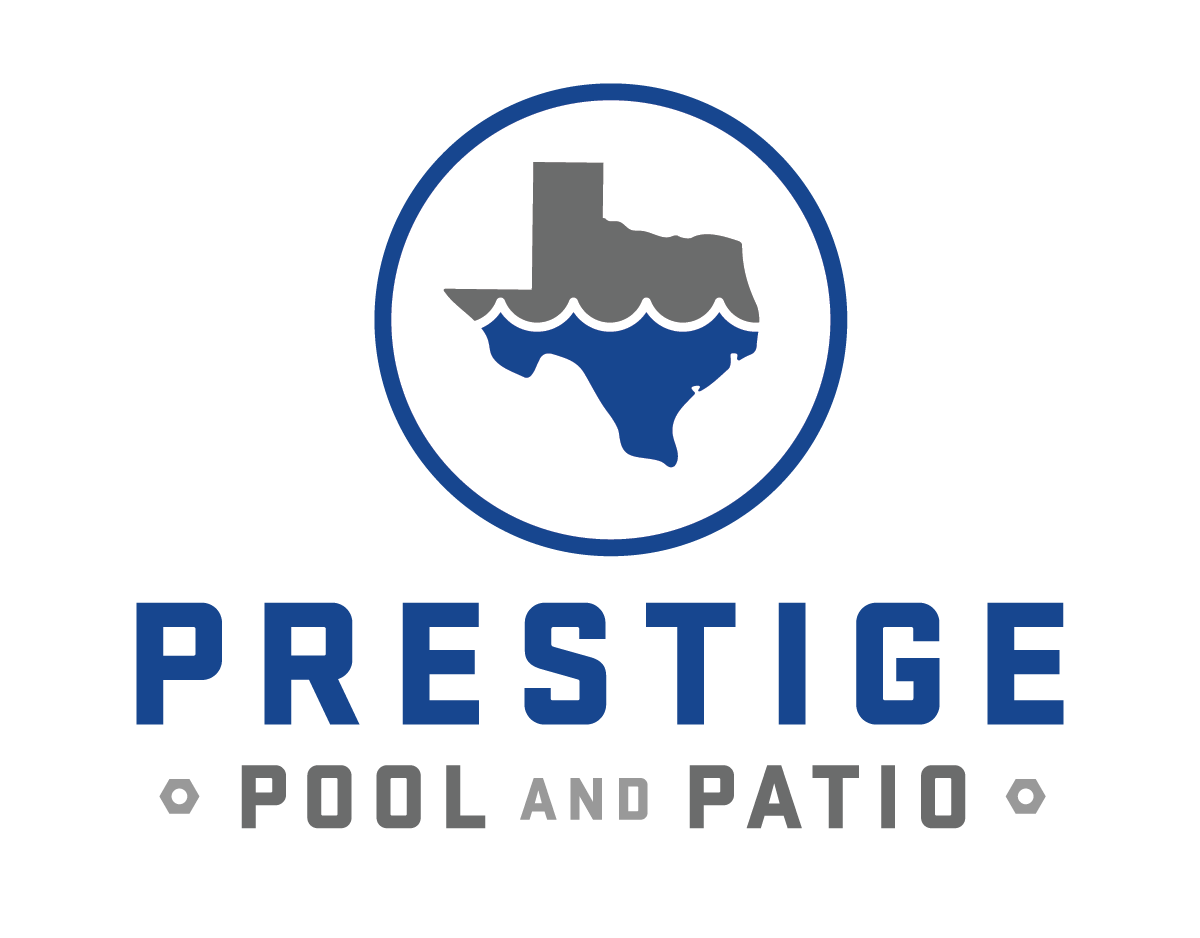Building a swimming pool can transform your backyard into an oasis of relaxation and recreation. However, before you start digging, it’s crucial to navigate the maze of permits and regulations that govern pool construction. Failing to do so can lead to costly delays, fines, or even legal trouble. In this guide, we’ll explore the essential considerations to ensure a smooth pool construction process while staying compliant with regulations.
Understanding Local Regulations:

Each locality has its own set of regulations governing pool construction. These regulations can cover aspects such as safety, property boundaries, zoning, water usage, and environmental concerns. Researching and understanding these regulations is the first step towards a successful project. Contact your local building department or consult a professional to ensure compliance.
Obtaining Permits:

In most areas, you’ll need permits before starting construction. These permits typically include building permits, electrical permits (if your pool has lighting or pumps), and sometimes plumbing permits. The application process can vary in complexity and may require detailed plans, engineering reports, and inspections. Start the permit process well in advance to avoid delays.
Compliance with Safety Standards:

Safety should be a top priority when building a pool. Regulations often mandate features like fences, self-closing gates, and alarms to prevent accidents, especially involving children. Ensure your pool design meets these safety standards to protect your loved ones and fulfill legal requirements.
Environmental Considerations:

Pools can impact the environment in various ways, from water usage to runoff and chemical discharge. Some areas have strict regulations regarding water conservation, stormwater management, and the use of environmentally friendly materials. Factor in these considerations during planning and construction to minimize your pool’s environmental footprint.
Working with Professionals:
Navigating permits and regulations can be daunting, especially for first-time pool owners. Consider hiring professionals such as pool designers, builders, and permit expeditors who are experienced in dealing with local regulations. Their expertise can streamline the process and ensure compliance, saving you time and hassle.
Budgeting for Costs:

Complying with permits and regulations may incur additional costs beyond the initial pool construction budget. These costs can include permit fees, inspection fees, fines for non-compliance, and modifications to meet regulatory requirements. Factor these expenses into your budget from the outset to avoid financial surprises later on.
Regular Maintenance and Inspections:

Once your pool is built, the regulatory obligations don’t end there. Many jurisdictions require regular inspections to ensure ongoing compliance with safety and environmental standards. Additionally, proper maintenance is essential to keep your pool safe, clean, and in good working condition. Familiarize yourself with these requirements and incorporate them into your maintenance routine.
Navigating permits and regulations is a crucial aspect of pool construction that shouldn’t be overlooked. By understanding and complying with local regulations, obtaining the necessary permits, prioritizing safety and environmental considerations, and seeking professional assistance when needed, you can ensure a smooth and successful pool construction process.
With careful planning and adherence to regulations, you’ll soon be enjoying your backyard oasis for years to come.


